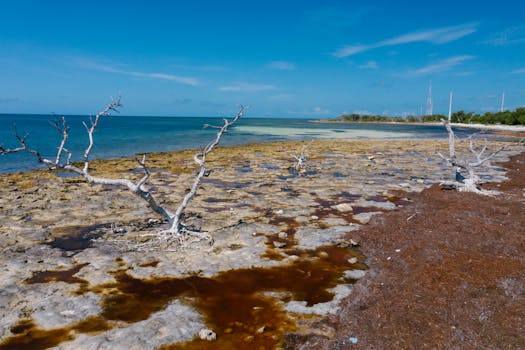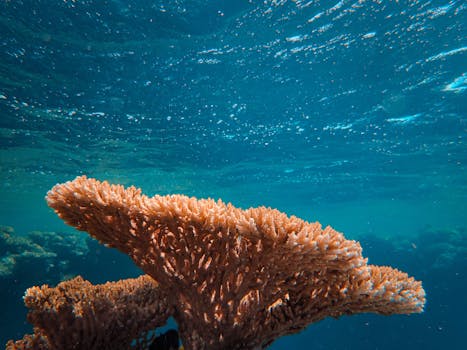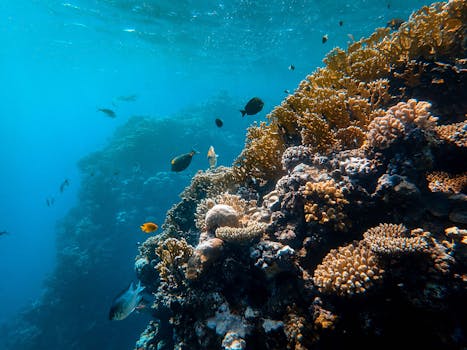
Introduction

The impact of climate change on global ecosystems is profound and far-reaching. As temperatures rise and weather patterns shift, the delicate balance of various ecosystems is threatened, leading to significant alterations in biodiversity.
Changes in Biodiversity

One of the most alarming effects of climate change is the rapid loss of biodiversity. Species that cannot adapt quickly to changing conditions face extinction. For instance, coral reefs, which support a vast array of marine life, are experiencing bleaching events due to increased sea temperatures.
Habitat Disruption

Climate change leads to habitat disruption, as many ecosystems are reliant on specific temperature and precipitation patterns. Forests, wetlands, and grasslands are particularly vulnerable. The alteration of these habitats can lead to the displacement of species and a decrease in ecosystem services.
Effects on Food Chains

The cascading effects of climate change on food chains are significant. As primary producers like phytoplankton and plants are affected, the entire food web can experience disruption. This can lead to decreased fish stocks and agricultural yields, impacting human food security.
Conclusion

In conclusion, the impact of climate change on global ecosystems cannot be overstated. The loss of biodiversity, habitat disruption, and effects on food chains illustrate the urgent need for action to mitigate climate change and preserve our planet’s ecosystems.



